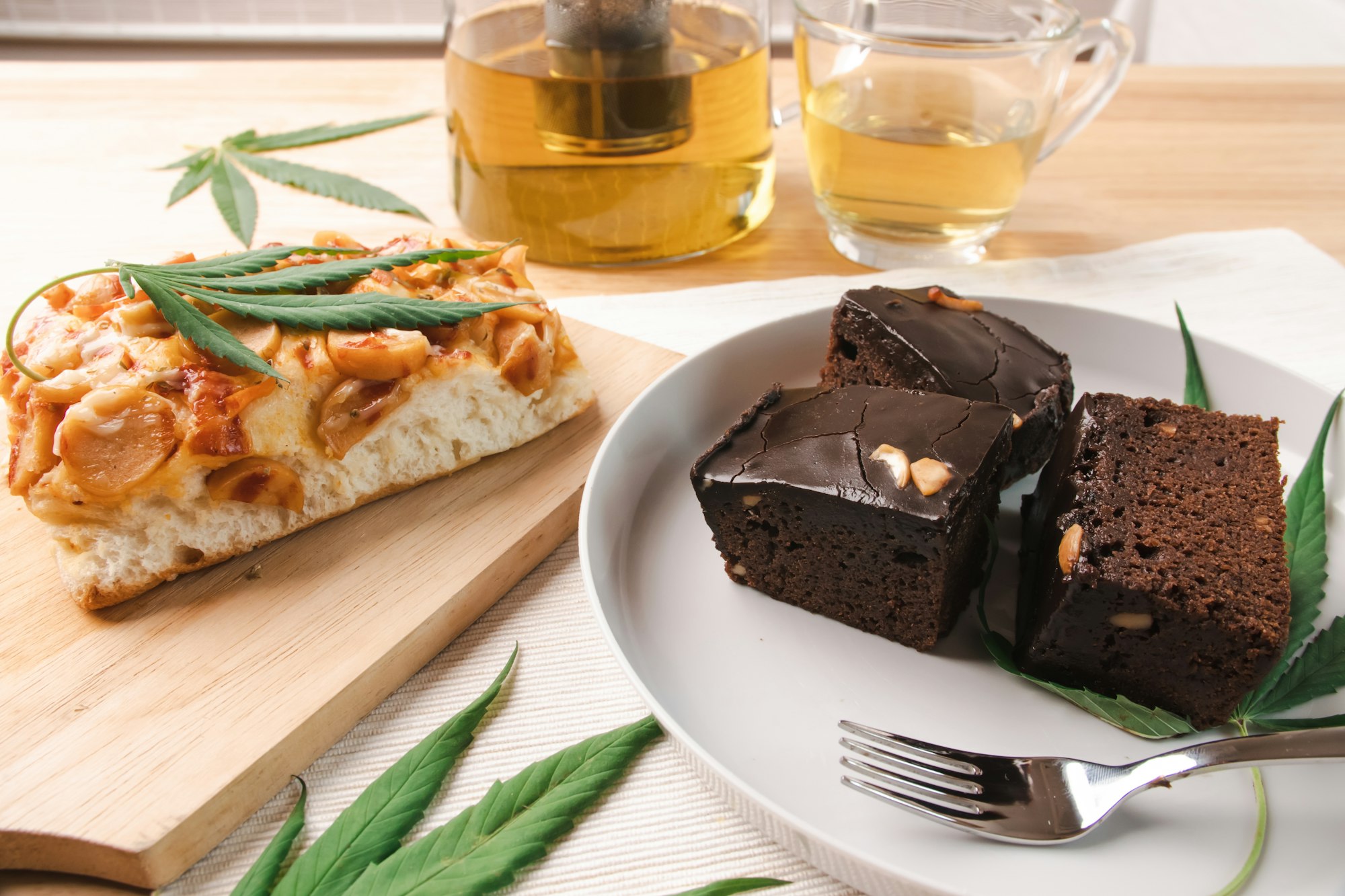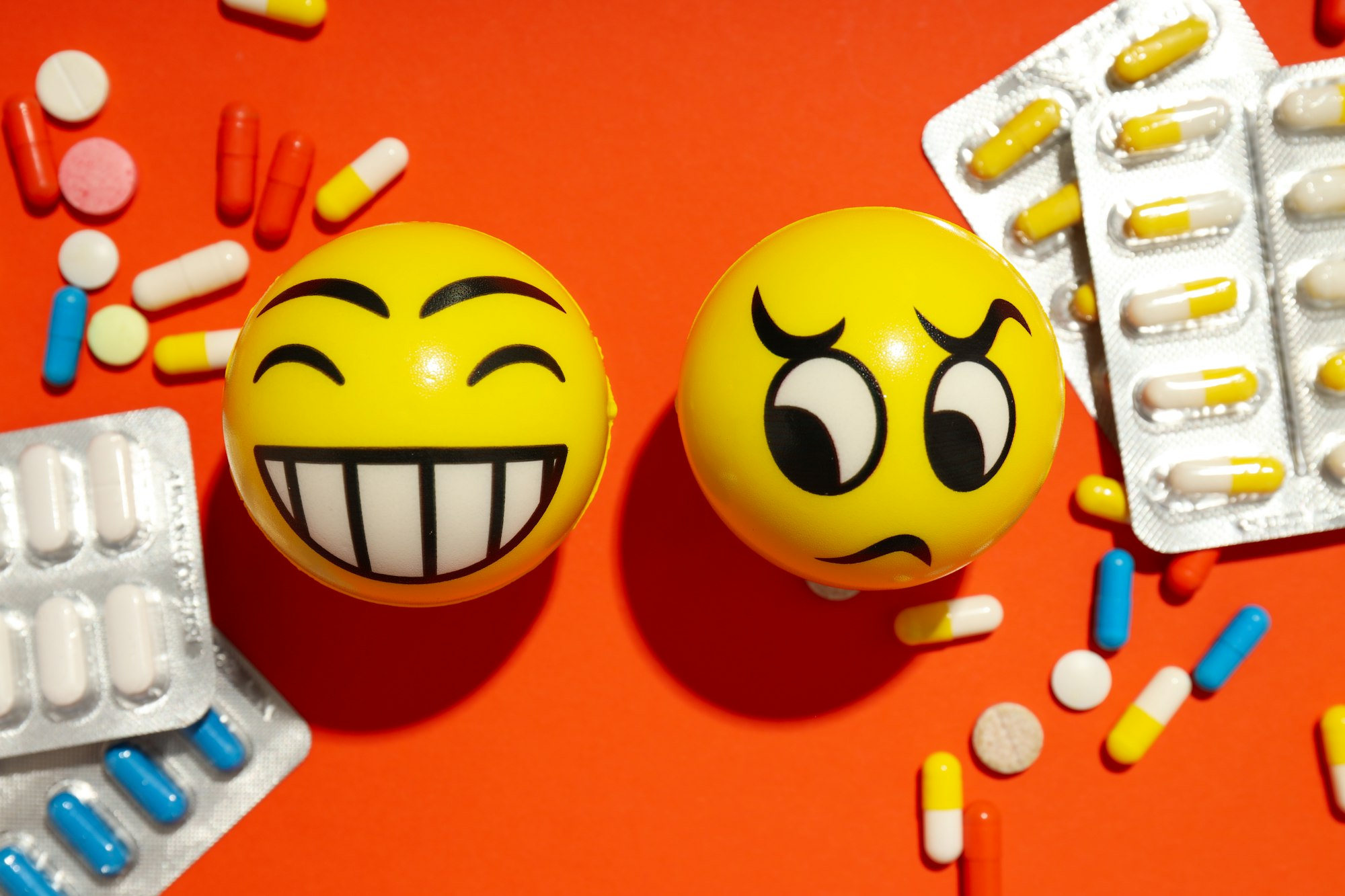- 27 March, 2024
- by Ava
- in Holistic Health
- No comments yet
In holistic wellness, CBD foods have emerged as a popular and accessible option for those seeking natural remedies. CBD, short for cannabidiol, is a compound derived from the cannabis plant known for its potential therapeutic effects. CBD foods encompass a variety of edible products, including gummies, chocolates, and baked goods, infused with this non-psychoactive cannabinoid. Let’s delve deeper into the holistic benefits of CBD foods and how they can enhance your overall well-being.
What Are CBD Foods?
CBD foods refer to edible products infused with cannabidiol, a naturally occurring compound found in cannabis plants. Unlike THC (tetrahydrocannabinol), CBD does not produce a high or intoxicating effects, making it a safe and appealing option for wellness enthusiasts. CBD foods come in various forms, including gummies, chocolates, cookies, and beverages, providing a convenient and enjoyable way to incorporate CBD into your daily routine.
How Can CBD Foods Help You?
CBD foods offer a holistic approach to wellness by harnessing the therapeutic properties of cannabidiol. Research suggests that CBD may have anti-anxiety, anti-inflammatory, and neuroprotective effects, making it a versatile supplement for promoting overall health. By incorporating CBD foods into your diet, you may experience a sense of calmness, reduced stress levels, and improved mood, leading to enhanced well-being and vitality.
What Are CBD Foods Good For?
CBD foods can be beneficial for a variety of wellness goals, including stress relief, relaxation, and mood enhancement. Additionally, CBD has been studied for its potential to alleviate symptoms of various health conditions, such as anxiety disorders, chronic pain, and epilepsy. Whether you’re looking to manage stress, support joint health, or improve sleep quality, CBD foods offer a natural and holistic solution for enhancing your overall quality of life.
Benefits of CBD Foods
The benefits of CBD foods extend beyond their potential therapeutic effects. Unlike traditional cannabis products, CBD foods contain minimal to no THC, eliminating the risk of psychoactive side effects. Additionally, CBD foods are discreet, portable, and easy to dose, allowing for precise control over your CBD intake. Whether you prefer sweet treats like gummies and chocolates or savory snacks like CBD-infused nuts and trail mix, there’s a CBD food option to suit every palate and preference.
What to Expect From CBD Foods With a Practitioner
When incorporating CBD foods into your wellness routine, it’s essential to consult with a healthcare practitioner knowledgeable about cannabis therapeutics. A qualified practitioner can help you determine the appropriate dosage, timing, and form of CBD that best suits your individual needs and health goals. They can also monitor your progress and make adjustments as needed to optimize your CBD experience and ensure safe and effective use.
Similar Modalities to CBD Foods
- CBD Oil: Similar to CBD foods, CBD oil is a versatile product that can be ingested or applied topically for various therapeutic purposes. It offers a concentrated dose of cannabidiol and can be easily customized to meet individual dosage needs.
- CBD Capsules: CBD capsules provide a convenient and consistent way to consume CBD, offering precise dosing and easy integration into your daily routine. They’re ideal for those who prefer a tasteless and odorless option for CBD supplementation.
- CBD Tinctures: CBD tinctures are liquid extracts of cannabis that are typically administered sublingually for rapid absorption into the bloodstream. They offer fast-acting relief and customizable dosing options, making them a popular choice among CBD enthusiasts.
Final Thoughts
CBD foods offer a holistic approach to wellness, harnessing the therapeutic properties of cannabidiol to support overall health and vitality. From stress relief to mood enhancement, CBD foods provide a natural and effective solution for promoting well-being without the psychoactive effects of THC. By incorporating CBD foods into your daily routine and consulting with a healthcare practitioner, you can unlock the full potential of this versatile cannabinoid and embark on a journey towards optimal wellness.
References
- Blessing, E. M., Steenkamp, M. M., Manzanares, J., & Marmar, C. R. (2015). Cannabidiol as a Potential Treatment for Anxiety Disorders. Neurotherapeutics, 12(4), 825–836. https://doi.org/10.1007/s13311-015-0387-1
- Nagarkatti, P., Pandey, R., Rieder, S. A., Hegde, V. L., & Nagarkatti, M. (2009). Cannabinoids as Novel Anti-Inflammatory Drugs. Future Medicinal Chemistry, 1(7), 1333–1349. https://doi.org/10.4155/fmc.09.93
- Zuardi, A. W., Crippa, J. A. S., Hallak, J. E. C., Bhattacharyya, S., Atakan, Z., Martin-Santos, R., … Guimarães, F. S. (2012). A critical review of the antipsychotic effects of cannabidiol: 30 years of a translational investigation. Current Pharmaceutical Design, 18(32), 5131–5140. https://doi.org/10.2174/138161212802884681
Recommended Reading
- Russo, Ethan B. (2016). The Medical Cannabis Primer: The Guide to Cannabis Science and Law for Patients, Providers, Producers, and Policymakers. Elsevier.
- Grinspoon, Lester. (2020). CBD: What You Need to Know. Harvard Health Publishing.
- Boehnke, Kevin F., & Hurd, Yasmin. Substance Use Disorders: From Etiology to Treatment (Handbook of Experimental Pharmacology, 258). Springer.
FAQ on CBD Foods
Are CBD foods legal?
It will depend upon your location. In the USA, CBD foods derived from hemp containing less than 0.3% THC are legal under federal law. However, regulations regarding CBD vary by state, so it’s essential to familiarize yourself with local laws before purchasing CBD foods.
How should I dose CBD foods?
Dosing CBD foods depends on various factors, including your body weight, metabolism, and individual response to CBD. It’s recommended to start with a low dose and gradually increase until you achieve the desired effects.
Can CBD foods make you high?
No, CBD foods do not contain significant levels of THC, the psychoactive compound found in cannabis. As a result, they do not produce intoxicating effects or a “high” sensation.
Are there any side effects of CBD foods?
While CBD is generally well-tolerated, some individuals may experience mild side effects such as drowsiness, dry mouth, or changes in appetite. These side effects are typically rare and temporary.
How long does it take for CBD foods to work?
The onset of effects from CBD foods can vary depending on factors such as the form of CBD, dosage, and individual metabolism. Generally, you may start to feel the effects within 30 minutes to 2 hours after consumption.




